
PHYSICAL INTERVENTION TRAINING
CLINICAL OBSERVATION & ENGAGEMENT TRAINING COURSE. NOW FOR £25 ONLY!
1-DAY Classroom training aimed at equipping with the skills and knowledge needed to effectively observe and engage with individuals in various settings. Holds every Saturday in Manchester.

3-day PMVA Training & PMVA Refresher Courses
OBSERVATION & ENGAGEMENT COURSE
HIGHLY RATED BY ALL OUR STUDENTS AND GRADUATES
• WHY AVALON FOR YOUR PMVA TRAINING? •
Clinical Observation & Engagement Training
An observation and engagement course typically covers a range of topics aimed at equipping participants with the skills and knowledge needed to effectively observe and engage with individuals in various settings.
- 1- Day Course: 9am to 5pm.
- Certificate Type: E-Certificate in PDF Format.
- Refresher Period: 1 Year
- General Public: Anyone interested in learning basic first aid and emergency response skills to be prepared for accidents or medical emergencies.
- Parents and Caregivers: Individuals responsible for the care of children, elderly, or people with health conditions who may need immediate assistance during emergencies.
Teachers and School Staff: Educators and school personnel who may need to manage emergencies in school settings.
Workplace Employees: Workers in high-risk environments who may need to respond to accidents or health crises at the workplace.
Sports Coaches and Trainers: Professionals in sports settings who might need to manage injuries and health emergencies in athletes.
Community Leaders or Volunteers: People involved in community services who may encounter emergency situations and need to provide quick care.
Anyone Seeking Basic Lifesaving Skills: Anyone who wants to gain confidence and competence in handling emergency situations and providing first aid.
This course is suitable for anyone wanting to acquire essential life-saving skills, regardless of prior experience.
- Understand and apply the principles of First Aid and the DR ABCD approach for assessing and managing emergencies.
- Demonstrate the correct techniques for performing CPR in a life-threatening situation.
- Effectively use an Automated External Defibrillator (AED) to assist in cardiac emergencies.
- Recognise and manage choking incidents using appropriate first aid methods.
- Gain the confidence to provide immediate care in emergencies, knowing how to assess and act quickly.
- Understand how to promote the recovery process by supporting the injured or ill person and seeking medical help when necessary.
- Foster a sense of safety for the person in need of care, reducing panic and providing reassurance.
- Take necessary steps to prevent further injury or illness, ensuring the well-being of the individual while awaiting professional help
PMVA stands for Prevention and Management of Violence and Aggression. It's typically required by those working in Healthcare although it's also a valuable training in other sectors. Avalon's PMVA courses cover a range of topics to equip participants with the skills and knowledge necessary to prevent and manage violent or aggressive behaviors effectively.
- 3- Day Course. 9am to 5pm.
- Certificate Type: E-Certificate in PDF Format.
- Refresher Period: 1 Year
Both individuals and agencies. Our PMVA training is affordable, suitable for organisations who need their staff trained in prevention and management of violence and aggression. We partner with many agencies, provide group bookings and are able to offer discounts depending on the numbers.
Our PMVA course aims to empower participants with the confidence and competence to effectively manage challenging situations while prioritizing the safety and well-being of all individuals involved
More Course Information
Avalon's Observation and Engagement Training holds in Manchester at Unit 16, Cariocca Business Park, Sawley Road, Manchester, M40 8BB.
Observation and engagement training costs £25 per participant. Group bookings with 5 or more participants may qualify for a group discount.
You can pay through the website or by bank transfer. You can request an invoice in order to pay by bank transfer.
Fantastic Student Reviews
Detailed Course Outline
Participants learn about the fundamentals of human behavior, including the factors that influence actions, emotions, and communication.
Training in how to observe and interpret non-verbal cues, body language, facial expressions, and other indicators of mood, intent, or emotional state.
Techniques for active listening, including how to ask open-ended questions, paraphrase responses, and demonstrate empathy to encourage communication and build rapport.
Understanding the importance of cultural awareness and sensitivity when observing and engaging with individuals from diverse backgrounds. This includes recognizing cultural differences in communication styles, norms, and values.
Learning how to assess the level of risk in a given situation, including recognizing potential threats or signs of escalating behavior.
Training in de-escalation strategies to defuse tense or potentially volatile situations safely and effectively. This includes techniques for calming individuals, managing emotions, and resolving conflicts peacefully.
Understanding the importance of setting and maintaining appropriate boundaries in professional interactions, including how to assertively communicate boundaries while remaining respectful and empathetic.
Recognizing the impact of trauma on individuals' behavior and learning how to provide trauma-informed care and support in observation and engagement situations.
Discussion of ethical principles and guidelines governing observation and engagement practices, including confidentiality, consent, and respect for autonomy and dignity.
Guidelines for documenting observations, interactions, and incidents accurately and comprehensively, including what information to record and how to report concerns or incidents to appropriate authorities.
Recognizing the importance of self-care for observers and engagers, including strategies for managing stress, setting personal boundaries, and seeking support when needed.
Hands-on practice sessions where participants can apply observational and engagement skills in simulated scenarios, allowing for feedback, reflection, and skill development.
First aid is the initial help given to someone who is injured or ill. DR ABCD stands for Danger, Response, Airway, Breathing, Circulation, and Disability — Hands-on practice sessions where participants learn the steps to assess and address a person's condition.
development.
Participants learn about the fundamentals of Cardiopulmonary resuscitation (CPR), which is a life-saving technique used when someone’s heart stops beating, involving chest compressions and rescue breaths.
Participants learn how to use an Automated External Defibrillator (AED), which is used to deliver a shock to the heart to restore a normal rhythm during a cardiac arrest.
Administering first aid to a choking person involves techniques like back blows or abdominal thrusts to dislodge the object blocking the airway.
Practice on how to have the confidence to act during emergencies, applying the right first aid steps without hesitation.
Hands on practice on supporting a person’s recovery by providing comfort and monitoring their condition, encouraging medical attention if needed.
Participants learn how to create an environment where the person feels safe and reassured, and preventing panic during the emergency
Participants learn how to take steps to avoid making the person’s condition worse, such as avoiding unnecessary movement or providing proper first aid.


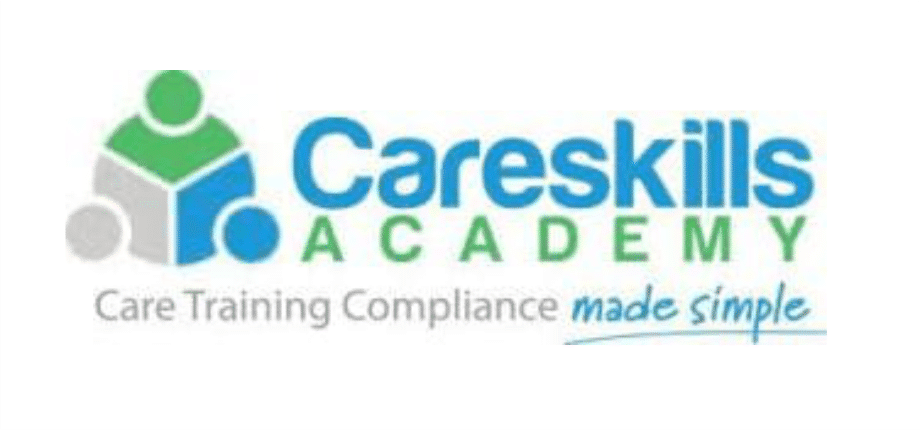
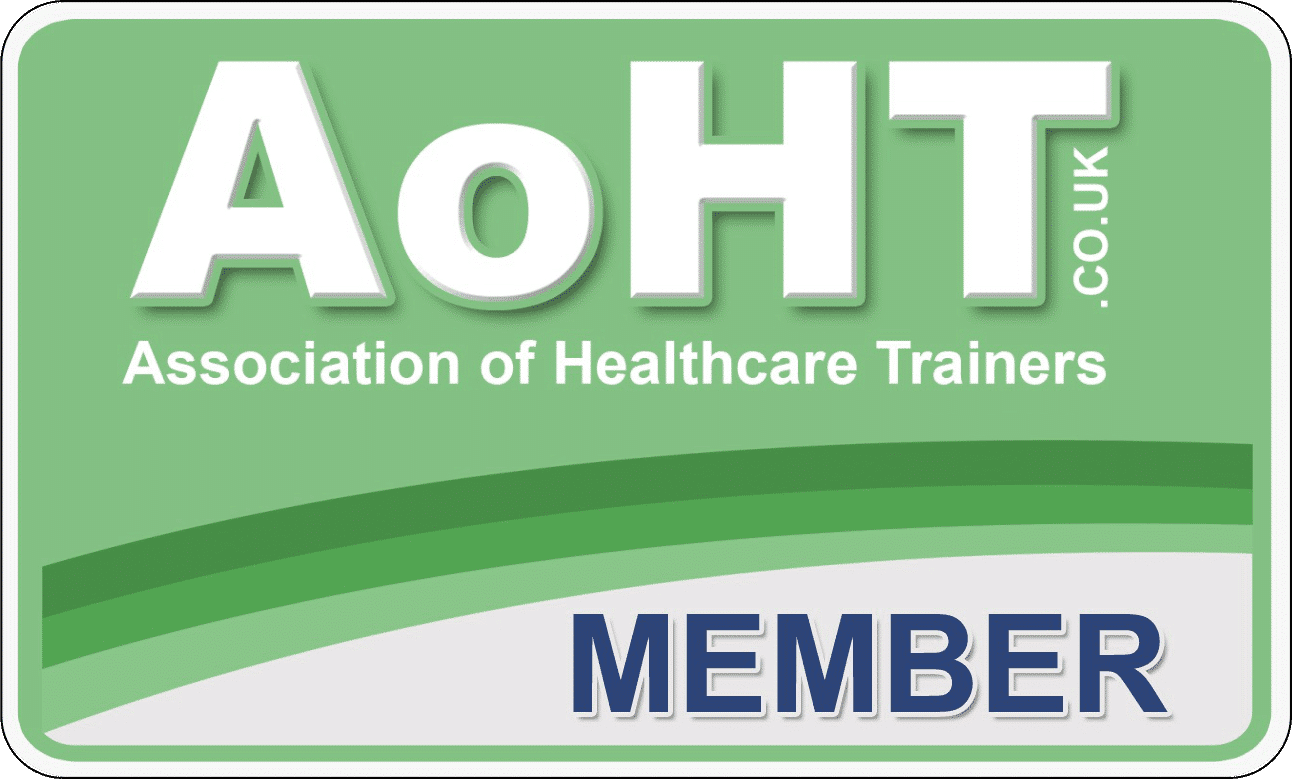
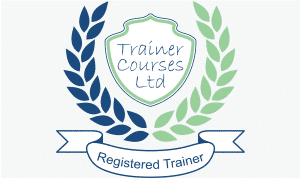
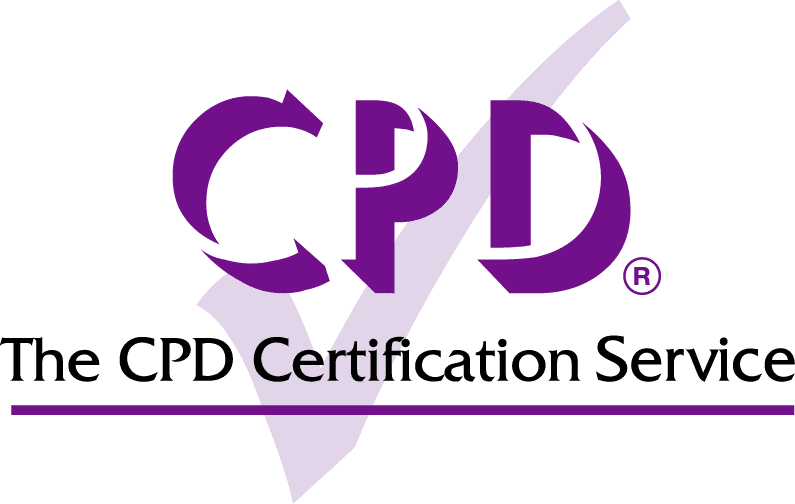
OBSERVATION & ENGAGEMENT COURSE OUTLINE
CENTRAL LONDON: Training Centre: 10 Godliman Street, London, EC4V 5AJ, United Kingdom
WATFORD Training Centre: Leonardo hotels Watford, Clarendon Rd, WD17 1JA, United Kingdom.
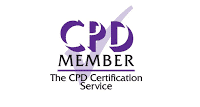




By the end of this training, candidates will be able to:
1. Assess and manage risk in challenging situations.
2. Comprehend lawful use of restrictive intervention and promote a supportive environment.
3. Balance quality of life with restraint reduction, considering cultural differences.
4. Utilize effective communication, recognize conflict patterns, and respond to warning signals.
5. Understand various de-escalation strategies and employ appropriate non-restrictive and restrictive techniques to manage aggression.
Avalon's PMVA Training holds at 10 Godliman Street, London, EC4V 5AJ, United Kingdom
Our (PMVA) Training is advisable for anyone that works in a violent/ aggressive setting. It is suitable for Mental Health Support Workers and for Health Care Assistants who can easily attend in London.
Book A Place In Manchester, Birmingham Or London

• THE PREFERRED PMVA PROVIDER •
PMVA Training in London for Individuals and Organisations
- 3- Day PMVA Training
- Professional Trainers
- Highly rated by graduates
- Practical Training
- Recognised qualification
- Same Day Certificate
• featured course •
What Our PMVA London Course Covers
PMVA Training Day 1
- Introduction to PMVA
- Physical intervention
- Mental Health Act + Mental Capacity Act
- Health + Safety at Work Legislation: Sections 2, 3, 7 & 8
- Legal + ethical issues
- Reporting of Injuries Diseases Dangerous Occurrences Regulations (RIDDOR)
- Common grabs + holds
- Slaps, punches, kicks
- Basic restraint techniques

Avalon Care's PMVA course Outline
This course has been developed in line with the GSA (General Services Association) standards and meets the requirements of the 2019 Restraint Reduction Network (RRN) Training Standards.

Day 1 of PMVA Training
- Introduction to PMVA
- Physical intervention
- Mental Health Act + Mental Capacity Act
- Health + Safety at Work Legislation: Sections 2, 3, 7 & 8
- Legal + ethical issues
- Common grabs + holds
- Slaps, punches, kicks
- Basic restraint techniques
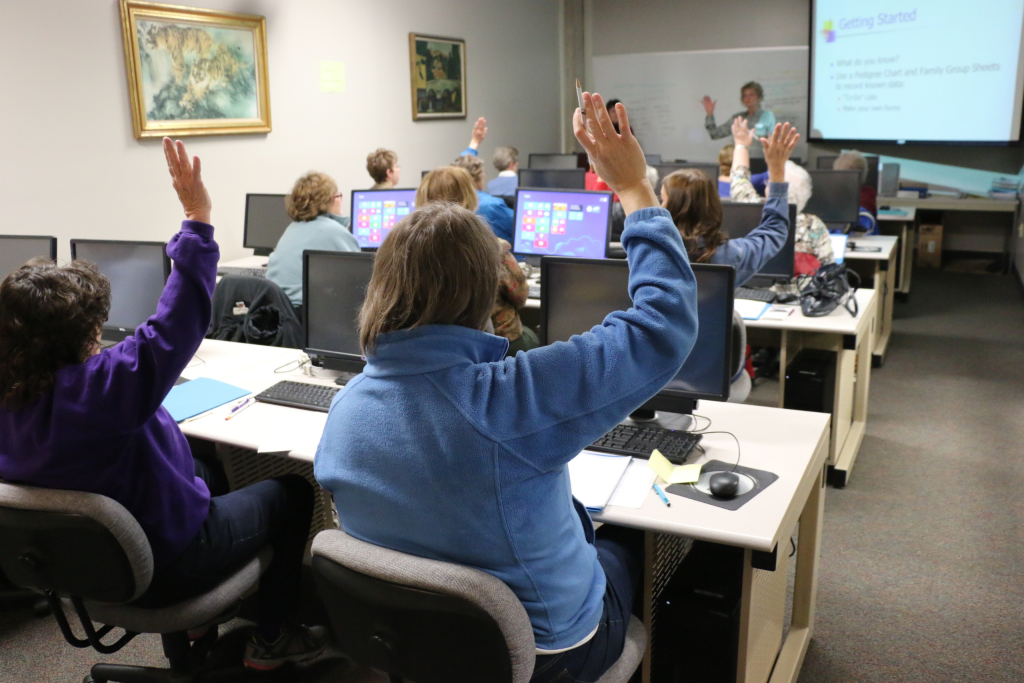
Day 2 of PMVA Training
- Communication skills, verbal + non-verbal
- Conflict Management
- Identifying triggers of assault + assault cycle
- De-escalation techniques
- Chair restraint
- Clothing grabs
- Hair pulls, strangulation, arm locks
- Planned approaches
- Basic supine take-down

Day 3 of PMVA Training
- Practice session on techniques learnt so far
- Turning the patient
- Supine take down + restraint
- Prone take down + restraint
- Role of head person
- Managing legs supine + prone
- IM Medication
- Theory assessment
- Practical Assessment

• SEED HEALTHCARE PMVA TRAINING •
PMVA Training For London
Course Structure
First, candidates complete a short theory Elearning module to gain foundational knowledge. Then, they attend a 3-day practical course to expand their understanding of primary, secondary, and tertiary strategies in dealing with challenging behavior.
Curriculum Highlights
Candidates also receive training in various physical intervention skills. This comprehensive approach equips them with the knowledge and skills needed to effectively respond to challenging behavior within their specific populations and settings.
Practical Application
This course places a strong emphasis on practical application, ensuring that candidates not only acquire theoretical knowledge but also gain hands-on experience in using the strategies and skills taught.
Certification
Candidates receive a Bild ACT Certified training certificate upon successful completion. This certificate is valid for three years, allowing them to work in various facilities. The certification attests to their competence in handling challenging behavior and is recognized nationwide.
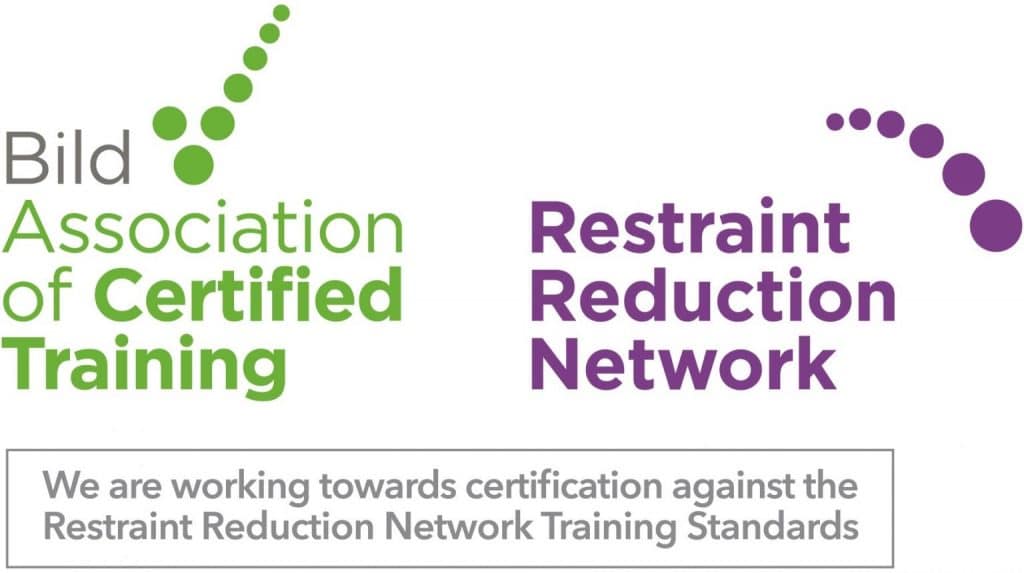



Avalon PMVA London Training Frequently Asked Questions (FAQs)
PMVA Stands for Prevention and Management of Violence and Aggression.
There are no specific requirements for you to attend our PMVA training course. It is however expected that you are working or will work in healthcare, security or related roles that require the knowledge that PMVA offers.
Yes. You would receive an official certificate of completion in PMVA on completion of your training with Avalon Care Training
Each PMVA training block lasts 3 days generally. The course is completed within 3 days.
Yes. You can get a refund if this is requested within 14 days of your booking. Please note that we may deduct administrative charges while processing refunds.
